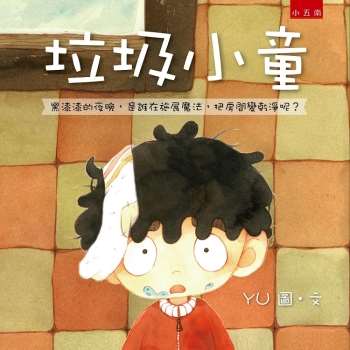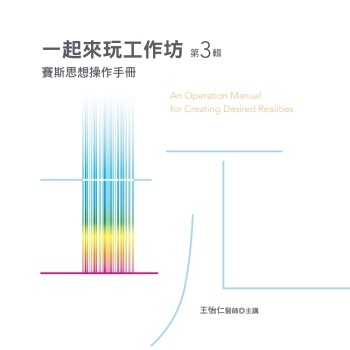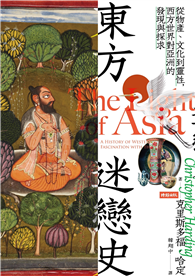The immortality of the soul is one of the oldest tropes in the history of philosophy and one that gained significant momentum in 16th-century Europe. But what came before Pietro Pomponazzi and his contemporaries? Through examination of four neglected but central figures, Joanna Papiernik uncovers the rich and varied nature of the afterlife debate in 15th-century Italy.
By engaging with old prints, manuscripts and other archival material, this book reveals just how much interest there was in the question of immortality before the 16th-century boom in Aristotelian translations. In particular, Papiernik sheds light on the treatises of Agostino Dati, Leonardo Nogarola, Antonio degli Agli and Giovanni Canali, all of which have until now been overlooked in modern scholarship. From Dati’s critiques of ancient and existing positions to Agli’s study of immortality and its relation to the metaphysics of light, this volume investigates not only how wide-ranging the debate was but also the important impact it had on later philosophical thinking.
Deftly combining close reading with a broad intellectual survey, and including two editions of unpublished primary texts, Philosophies of the Afterlife in the Early Italian Renaissanceprovides a crucial insight into the development of early Renaissance Platonism and philosophy of religion.
| FindBook |
|
有 1 項符合
Papiernik的圖書 |
 |
$ 6900 | Philosophies of the Afterlife in the Early Italian Renaissance: Fifteenth-Century Sources on the Immortality of the Soul
作者:Papiernik 出版社:Bloomsbury Academic 出版日期:2024-04-18 語言:英文 規格:精裝 / 272頁 / 23.39 x 15.6 x 2.54 cm / 普通級/ 初版  看圖書介紹 看圖書介紹
|
|
|
圖書介紹 - 資料來源:博客來 評分:
圖書名稱:Philosophies of the Afterlife in the Early Italian Renaissance: Fifteenth-Century Sources on the Immortality of the Soul
內容簡介
|










